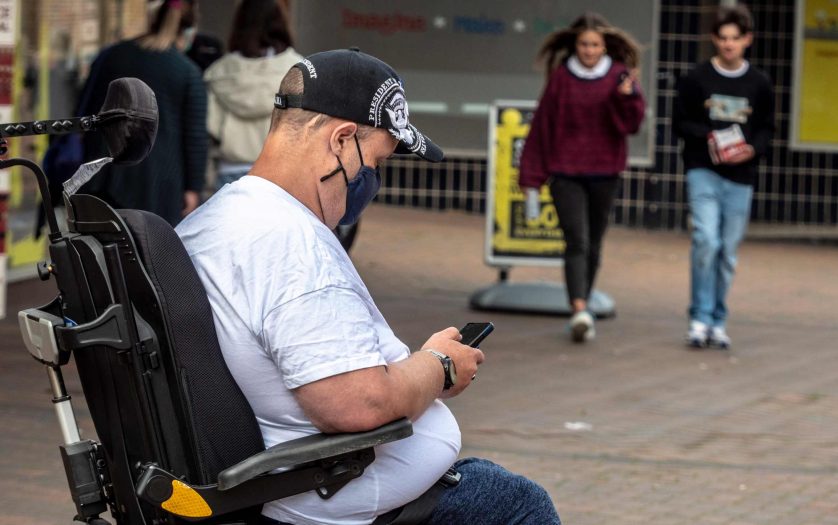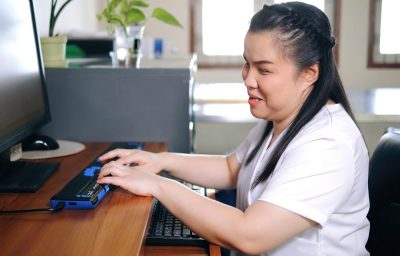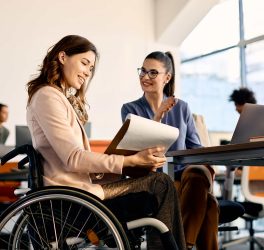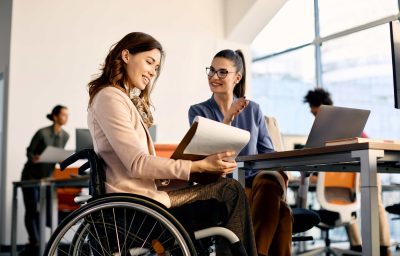
Demanding better outcomes for people with disability and disability support workers affected by the current COVID Omicron crisis is the focus of a delegation from community, industry and union groups that has descended on Parliament House in Canberra today.
Australia’s peak disability advocacy organisation People with Disability Australia (PWDA) has joined with industry groups to directly brief the Federal Government and other federal parliamentarians about urgent action that needs to be taken to protect people with disability and the disability workforce.
The PWDA delegation comprises PWDA President Samantha Connor, PWDA Senior Policy Manager Giancarlo de Vera and PWDA board member Nicole Lee.
PWDA President Samantha Connor: “The Omicron wave of COVID that has been sweeping across the nation is putting the lives and health of people with disability at unacceptable risk with increased danger of infection, massive support worker shortages, and very limited access to regular testing.
“The ‘let it rip’ approach has been a complete disaster for people with disability who seem to be acceptable collateral damage in the race to return to normal.
“We sent National Cabinet a letter outlining our concerns three weeks ago but nothing much is happening to provide our community with the protection and services we need.
“So we’re in Canberra to seek some urgent commitments from parliamentarians and other policymakers that will secure the health and safety of people with disability and give the disability services sector the support it needs to ensure that essential services can continue and be delivered safely.”
Some of the key policy outcomes the delegation will be focusing on include:
- Ensure continuity of support by disability support workers by requiring NDIS disability support service providers to develop and maintain COVID-19 emergency care plans that respond to the issue of staff shortages.
- Provide free and accessible access to personal protective equipment (PPE), especially N95 or P2 face masks, oximeters, as well as rapid antigen tests (RATs) on an ongoing basis for people with disability as well as their support workers and carers.
- Ensure priority access and processing of polymerase chain reaction (PCR) tests for people with disability as well as their support workers and carers.








